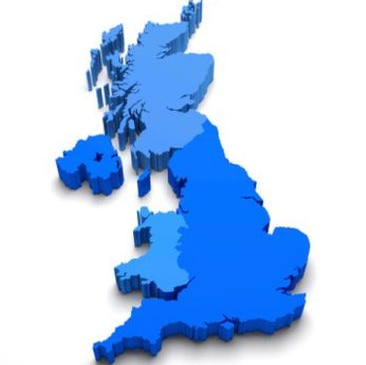Public Inquiries in Wales
From later this year, and for the first time, the Traffic Area Office for Wales will be based within Wales. Up to now the Welsh Traffic Area has been administered from Birmingham where the Traffic Commissioner for Wales has also been the Traffic Commissioner for the West Midlands.
Public Inquiries in Wales have up to now borrowed premises to hold public inquiries in. In the Southern half of Wales, this has normally been in a court room at the Cardiff Magistrates Court. In the Northern parts of Wales this has been in the town Hall at Welshpool or in council buildings in places such as Wrexham.
Public inquiries take place in Wales in connection with both goods vehicle and passenger vehicle operator licences. Public inquiries are held to consider disciplinary action against operator licence holders where there is evidence that they may have breached the law or the conditions of their licence. They are also called to consider applications for new operators licences or where there is an application to make changes to an existing licence. The vast majority of applications are dealt with without a public inquiry, but problematic ones go to public inquiry for consideration.
You can find out more about the public inquiry process on our page called About Public Inquiries. Basically, a public inquiry is a formal legal hearing set up a bit like a court or tribunal. Evidence, witnesses and legal arguments all take place and a formal legally binding decision is made by the Traffic Commissioner.
The Welsh Traffic Area
The Welsh Traffic Area covers the whole of Wales.
There are 5,400 goods vehicle operator licences issued within Wales and 800 passenger vehicle operator licences.
Public Inquiries in Wales
Most public inquiries in Wales are dealt with in either Cardiff or Welshpool. The public inquiry hearings will be heard by the Traffic Commissioner or a deputy Traffic Commissioner.
In the year 2014/2015 there were a total of 105 goods vehicle and 50 passenger vehicle public inquiries in the Welsh Traffic Area.
Of the goods vehicle public inquiries, 66 of them were to consider disciplinary action and 37 for considering applications. 29 of the passenger vehicle public inquiries were for application to be decided and 21 for disciplinary action.
Outcomes of Goods Vehicle (HGV) Public Inquiries in the Welsh Traffic Area
Result of disciplinary public inquiries :
From 66 goods vehicle public inquiries called for disciplinary action, 24, over one third of them, ended with the operators licence being revoked. 7 goods vehicle licences were suspended and 7 were curtailed. Only 15 (less than 25%) resulted in no action taken.
Result of applications heard at public inquiry :
37 applications were dealt with at public inquiries over the course of the year. Five of these were refused outright. Some were part granted or granted with conditions attached. Twenty seven were granted in full.
The outcome of passenger vehicle public inquiries at in Wales ?
The result of disciplinary public inquiries for passenger vehicle operator licences was as follows:
Out of 29 public inquiries for disciplinary action, 13, about a third, ended with the operators licence revoked, 2 were suspended and 2 had their vehicle numbers reduced. Only 6 out of the 29 resulted in no disciplinary sanctions being taken at all.
Result of applications heard at public inquiry :
There were 21 applications dealt with at public inquiry. Six of these were refused outright, only 9 (less than half) were granted in full.
What to do if you've been called to a public inquiry in Wales
First of all, recognise that any public inquiry called for any reason is a very serious thing. Secondly recognise that getting legal advice and having an experienced transport law solicitor on your side is at least half of the problem sorted.
A good transport law specialist will be able to get stuck into your case and do all sorts of things to get you ready to face the Traffic Commissioner and come away with a good outcome.
We strongly recommend that you speak to us urgently if you've had a call to public inquiry. Nearly all of our clients (well over 90%) have a successful outcome at their public inquiries.
We regularly handle public inquiries in Wales and know exactly how to prepare and present a successful case. We've been doing it for years and have helped hundreds of operators through what is always a very difficult and uncertain time.
Your chance of a successful outcome at your public inquiry increases dramatically if you have experienced and skilled legal representation. So choosing a good transport solicitor is of vital importance.
Please call Simon Newman on 01302 775522 or email him on This email address is being protected from spambots. You need JavaScript enabled to view it.. I will be very glad to talk through your situation and review your papers free of charge to enable you to make an informed decision about what to do.

